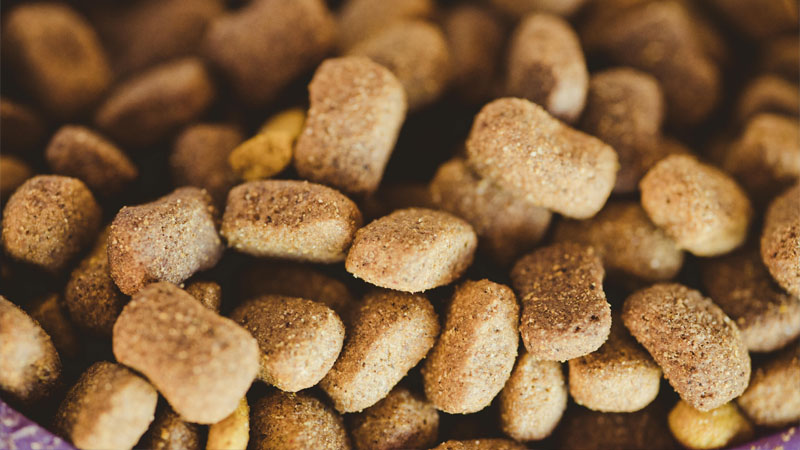Exclusive content

In a collaborative effort between scientists in Portugal and Germany, a recent study delves into the potential of shrimp and squid co-products as viable ingredients in dog food formulations. This innovative research aims to not only explore alternative protein sources but also address environmental concerns associated with byproduct waste disposal.
Experiment Overview
The experiment involved twelve Beagles divided into groups, consuming diets formulated with squid meal or shrimp hydrolysate at varying inclusion levels. The researchers meticulously analyzed the chemical composition, antioxidant activity, digestibility, palatability, and impact on fecal characteristics, metabolites, and microbiota.
Both shrimp hydrolysate and squid meal exhibited higher protein and methionine contents compared to conventional ingredients typically used in dog food. Shrimp hydrolysate, in particular, displayed superior antioxidant activity, highlighting its potential health benefits.
Digestibility and Palatability
While palatability testing revealed a preference for conventional diets among the Beagles, neither squid meal nor shrimp hydrolysate influenced first-approach or taste significantly. However, both co-products demonstrated higher apparent total tract digestibility (ATTD) and had minimal effects on nutrient intake and fecal characteristics.
The findings suggest that squid meal and shrimp hydrolysate hold promise as novel protein sources for dog food formulations, potentially leading to more sustainable practices in the pet food industry. However, further research is necessary to fully understand their functional value and optimize their inclusion in highly digestible diets.
Sourcing and Sustainability
The squid meal, sourced from Spain-based Inproquisa, originated as a by-product from the canning industry, while shrimp hydrolysate was provided by Symrise Aqua Feed, based in France. These co-products offer a solution to mitigate environmental concerns associated with byproduct waste disposal, while also contributing to the conservation of marine resources by utilizing parts of invertebrates that would otherwise be discarded.